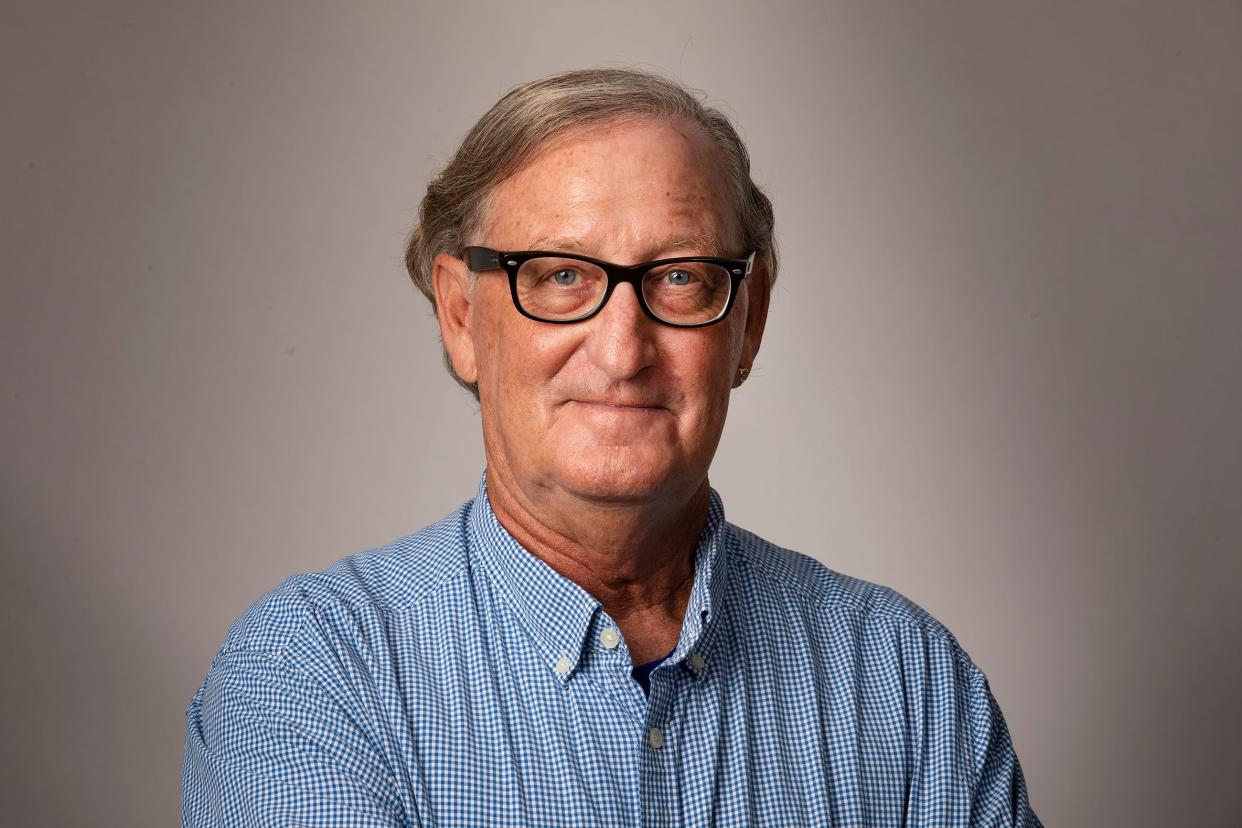Opinions from all sides matter

In an April 3 opinion piece in the Washington Post, Tess Winton wrote on the recent incidents at Stanford Law and threw out some great ideas that we all sense but few act upon. The clash of sides - left and right - Winton suggests, are not the issue. It is the undecideds who lack representation in the political narrative on college campuses.
Increasingly it is not the far left or far right at their loudest and most non-sensical that are being shut down. It’s the folks in-between, trying to find their way out of the fog of litmus tests, received truths, and political idolatry that are the true victims of the current chaos.
It’s the rest of us.
Academia is sometimes a bubble in which practices and beliefs are encased. These beliefs – paradigms - rule every field, bordering with an iron fence much of the theory and thought in each field. As much as we speak of free thought and exploration, there seems to be ever shrinking space and ground for those who would actually practice it.
There is an institutional proclivity towards stasis. Colleges and universities are communities of scholars – people who rely on inquisitiveness, curiosity, and questioning of basic assumptions as the basic tools of progress. Yet the world of the 2020s is fast becoming a world in which asking the big questions – the questions that might threaten the central paradigms of ideology – are being silenced.
Those out on the extreme wings have always had a podium: they engage in the bloody gladiatorial combat of contradictory truths daily. Those radical factions have the advantage of attracting the same attention as a flaming fuel truck, and in the current uncivil discourse of politics, rejection of one set of lunatics simply means you are automatically perceived as a client of the other.
But what happens to those caught in the middle – in the real mainstream – in the center of the left-right curve? They are flayed and ostracized by both.
An example of this flew suddenly into ugly view the other day at Stanford Law. A group of students had invited a conservative from the right-hand tail of the distribution to speak, and the left-side mob was quick to react. The speaker was shouted (profanely) down, and chaos ensued. It was wrong and made a mockery of the notion of free speech but what about the students caught in the crossfire? They were deprived of hearing either side. Or, of course, anything about what the middle ground might look like.
College students come to us unsure. Uncertain. They belong to that wonderful group of citizens who are not yet certain what they believe and are exploring all sorts of ideas – when they are allowed to. They are trying to figure stuff out. They would ask the big questions (sometimes involving that proverbial nasty nexus of iffy Emperors and attire) but it’s becoming very difficult. The nearly complete domination of the political lectern by flocks of mindless zealots of one sort or another has squeezed out the most interesting of students: the ones that aren’t sure and have come to learn and decide for themselves.
But that’s out of fashion.
Academia lives in a different time zone than the rest of the world. Things move slowly but eventually the outside world comes in. And in this particular manifestation, it threatens the entire process. When the community of scholars (faculty, students, the lot) can no longer question and are collectively forced into the ranks of one side or the other we all fail.
We must demand the right of every student to be exposed to as many ideas and options as possible. And that means the reasonable, the pragmatic, the kind, and the safe, as well as the occasional barnburner.
Bruce Anderson is the Dr. Sarah D. and L. Kirk McKay Jr. Endowed Chair in American History, Government, and Civics and Miller Distinguished Professor of Political Science at Florida Southern College. He is also a columnist for The Ledger.
This article originally appeared on The Ledger: Opinions from all sides matter

